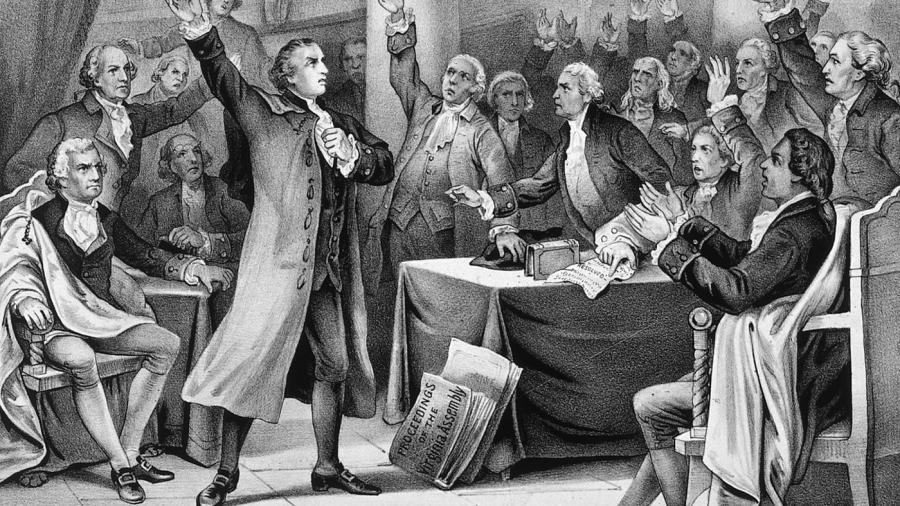Why Did Patrick Henry Oppose the Constitution?

Patrick Henry opposed the U.S. Constitution because he believed that it gave too much power to the central government at the expense of the state governments. This Anti-Federalist position caused him to avoid the Constitutional Convention of 1787, though he did argue against the adopting the Constitution at Virginia’s constitutional convention.
Henry did not consent to attend the Constitutional Convention because he “smelt a rat”: he figured that the drafters of the Constitution were trying to create a more centralized government that would have more power than the weak regime authorized by the Articles of Confederation. Because of the objections of Anti-Federalists like Patrick Henry and Elbridge Gerry, the proponents of the new Constitution promised that they would link passage of the document with a Bill of Rights. This Bill of Rights, which later became the first 10 amendments to the U.S. Constitution, spelled out specific limits on the new central government. Though this did not placate all of the Anti-Federalists, it did help drag the new Constitution across the finish line. Henry continued to oppose the new Constitution, but his opposition softened over time. By 1799, he was a committed Federalist who spoke against proposals calling for states’ nullification of federal laws, since he believed that any dissension or revolt against the U.S. Constitution would lead to civil war and tyranny.





